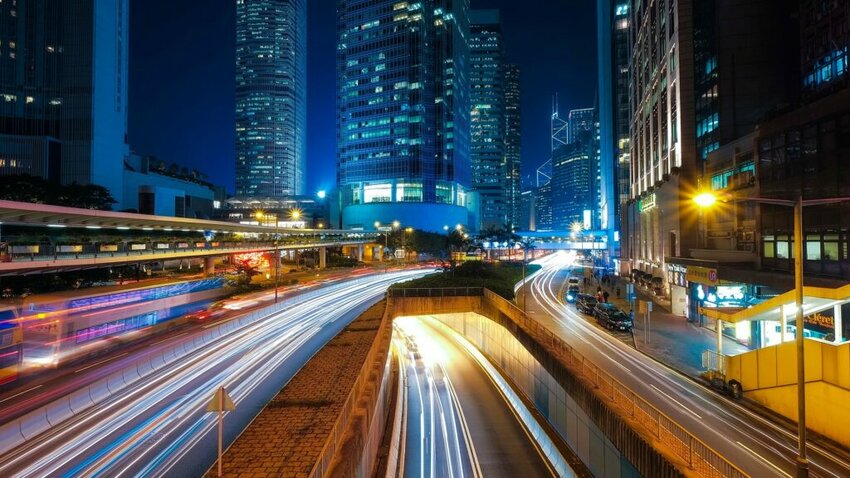 (Credit: Pixabay)
(Credit: Pixabay)Cities have a new platform to help them adjust to growing urbanization and to find ways to tackle the increasing need to reduce carbon and add energy efficiency in the World Economic Forum’s newly released Toolbox of Solutions.
Cities consume 78% of the world’s energy and produce 70% of all carbon emissions, according to the World Economic Forum (WEF). Pair that with the United Nations’ estimation that an additional 2.5 billion people will live in cities by 2050, which will then make up 68% of the world’s population, and that equals the need to address the growing pressure on energy and infrastructure needs as well as the amount of carbon emissions.
If the world is to reach net zero emissions by 2050, cities need to be a primary focus of sustainability adjustments, the WEF says. It hopes the toolbox offering can help urban areas with strategies to make those improvements.
The interactive digital platform was developed in collaboration with Accenture and contains more than 200 ways to help governments and business evaluate and implement ways to help in decarbonization efforts. Some of the toolbox’s offerings address clean electricity and smart infrastructure in areas such as energy use, buildings and mobility.
More urban areas are committed to cleaning up and using renewable resources and energy. The Sierra Club says it has a commitment from more than 180 cities in the US to use 100% clean energy by 2050. The US Department of Energy also has said solar could power half the nation’s electricity by that time.
The WEF toolbox offers input and case studies from more than 110 cities, businesses, civil leaders and others with urban interests from around the world and across industries to help with ways for urban energy transformation.
Some of the ideas include business and finance models as well as policy ideas that can result in reduced emissions and help implement clean energy use. The solutions are designed for specific city needs, including electrical grid health and population density.
The WEF recently released a report saying artificial intelligence was one key idea in helping decentralize power systems and integrate renewable energy into grids and is a way to help industry and cities move to decarbonization.
The Toolbox of Solutions is part of the WEF’s Net-Zero Carbon Cities program, which is designed to accelerate sustainability and urban transitions to net-zero emissions. The forum says it will further update the toolbox in November 2021.